PROJECTS

ESIA
Socio-Economic Study
Ecological Study
Desktop Assessment for Wind Project
LRP

ESIA
IEE

ESIA
ESDD
DIA
Social Impact Assessment of Repurposing Thermal Power & Coal Mining

ESIA
ESDD
LRP
SCA
Site ESMS Audit
Corporate ESMS Audit
Preparation of IEC Materials and Awareness Generation Programme under Swachh Bharat Mission (SBM) Project

Livelihood Development Plan for Rag Pickers and Environmental Education for Three municipalities of Hooghly District, West Bengal
Additionally, we have conducted interactive sessions across schools, colleges, and community clubs to foster inclusive participation. Utilizing the Behavior Change Communication (BCC) methodology, our objective is to transform individuals from all societal segments into proactive stakeholders, ensuring effective waste segregation at source and promoting sustainable environmental practices.

Public Awareness Campaign on solid Waste Management (SWM) in Three Municipalities of Hooghly District, West Bengal

Consulting Services for Public Awareness Campaign in six Municipalities.
Furthermore, we have carried out targeted outreach in schools, colleges, and community clubs to promote awareness and encourage behavioral change. Utilizing the Behavior Change Communication (BCC) approach, the initiative aims to empower individuals across all segments of society to become active stakeholders, ensuring efficient waste segregation at source and supporting sustainable waste management practices.

Revised Detailed Project Report (DPR) for the Housing for All Plan of Action (HFAPoA)
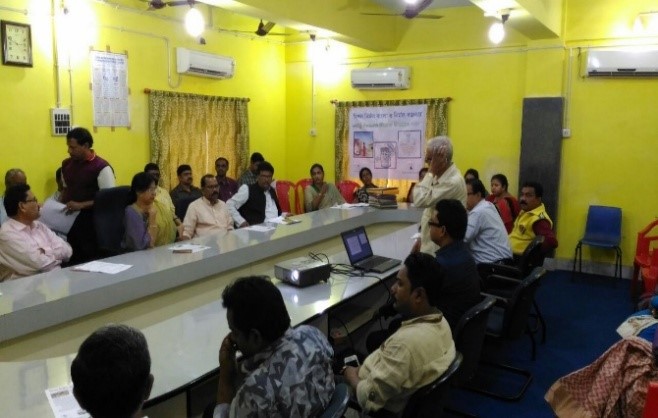
Operation and Installation of Organic Composting System and Monitoring for Solid Waste Management Project
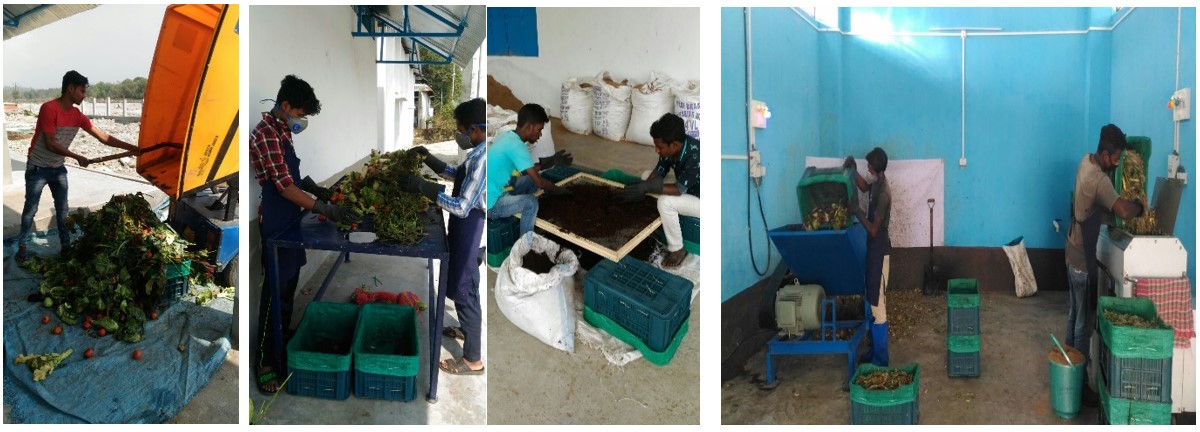
Environment & Social Performance Report 4000 MW
We were appointed by ARCADIS to prepare the Quarterly Social Performance Report (SPR), which documents CGPL’s compliance with the Environmental and Social Performance Requirements of the IFC/ADB. This includes the implementation of the Environmental Management Plan (EMP) and the Social Management Plan (SMP) for the operations, as well as an assessment of any corrective actions that have been implemented or are proposed.

Avian fauna mortality study for solar power project
Rapid Biodiversity Assessment for 300 MW Solar Power Project
Environmental and Social Impact Assessment (ESIA) for MSEDCL – II 300 MW Solar Power Projects
Environmental and Social Impact Assessment (ESIA) for 250 MW Wind Power Project
Environmental and Social Impact Assessment (ESIA) for SECI – III 300 MW Solar Power Project
Winter Bird Survey study for 105 MW Solar Power Plant
Environmental and Social Impact Assessment (ESIA) for 250 MW Wind Power Project
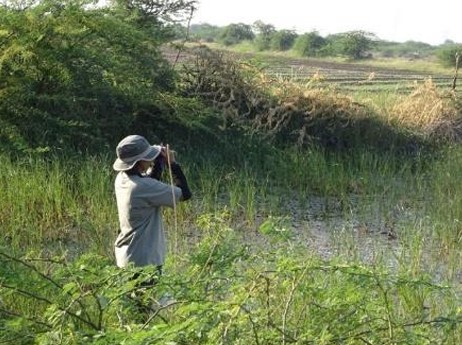

Initial Environmental Examinations (IEE) for 35 MW Solar Power Project

Development Impact Assessment (DIA) for Hybrid project (200 MW Wind + 100 MW Solar)
Desk Review Analysis of Social Impact Assessment (SIA) for Repurposing Thermal Power & Coal Mining
Environment and Social Due Diligence (ESDD) for 1200 MW of Pumped Storage Project
Environmental and Social Impact Assessment (ESIA) for 150 MW Wind Power Project
Environmental and Social Impact Assessment (ESIA) for 50.6 MW Wind Power Project
Environmental and Social Impact Assessment (ESIA) for 320 MW Solar Power Project at Bikaner
Environmental and Social Impact Assessment (ESIA) for SECI-VI 300 MW Solar Power Project
Social Compliance Audit (SCA) for SECI – VII 50.6 MW Wind Power Project
Social Compliance Audit (SCA) and Livelihood Restoration Plan (LRP) for SECI-VII 50.6 MW Wind Power Project
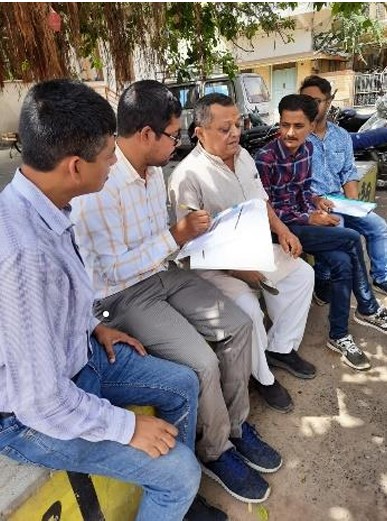
Environmental and Social Management Systems (ESMS) Audit for 250 MW Wind Power Project

Corporate Environmental and Social Management Systems (ESMS) Audit
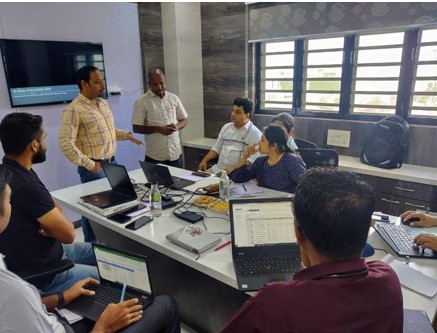
Environmental and Social Impact Assessment (ESIA) for 420 MW Solar Power Project
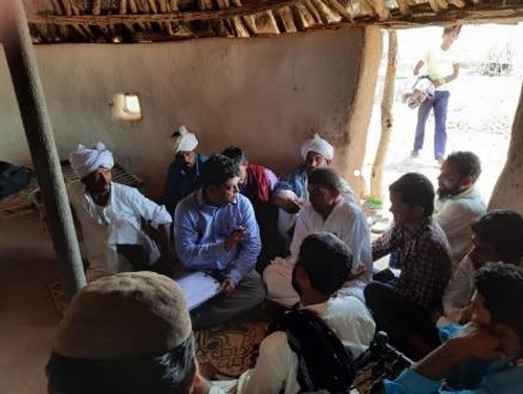
Environmental and Social Impact Assessment (ESIA) for 300 MW Wind Power Project (RTC – 1)
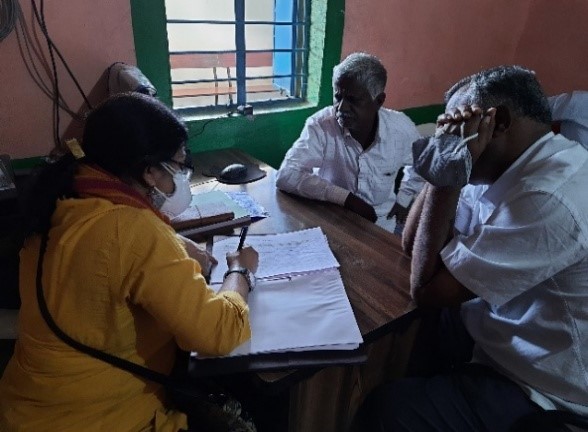
Environmental and Social Impact Assessment (ESIA) for 200 MW Solar Power Project
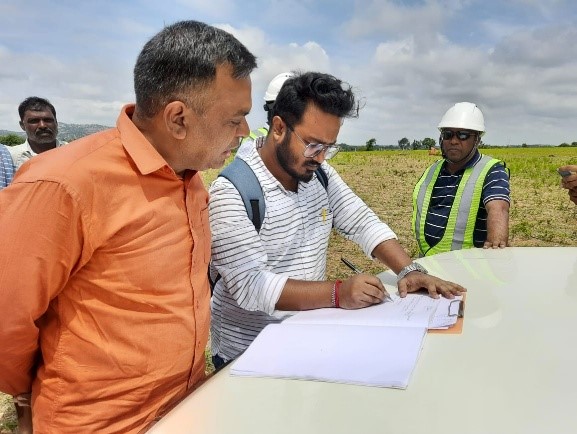
Environmental and Social Impact Assessment (ESIA) for 200 MW Wind Power Project
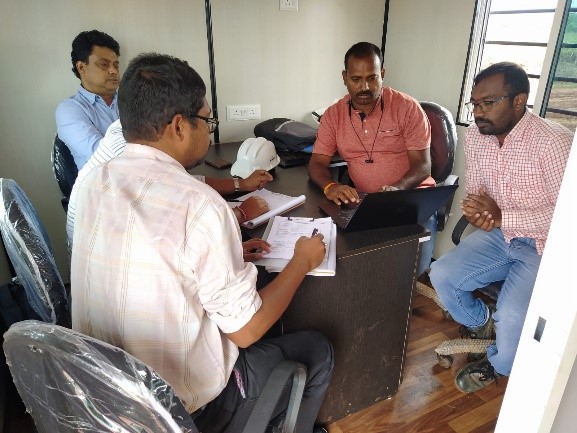
Environmental and Social Impact Assessment (ESIA) for 200 MW Hybrid Power Project
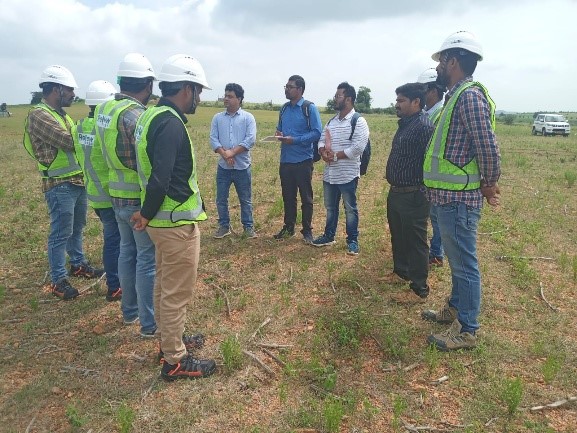
Environmental and Social Impact Assessment (ESIA) for 300 MW Wind Power Project
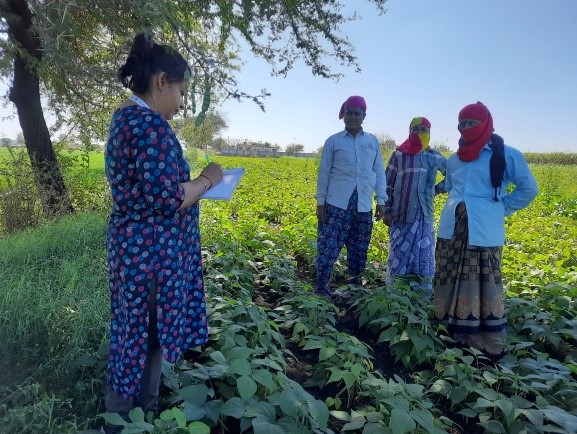
Environmental and Social Management Systems (ESMS) Audit for 48 MW Solar Power Project
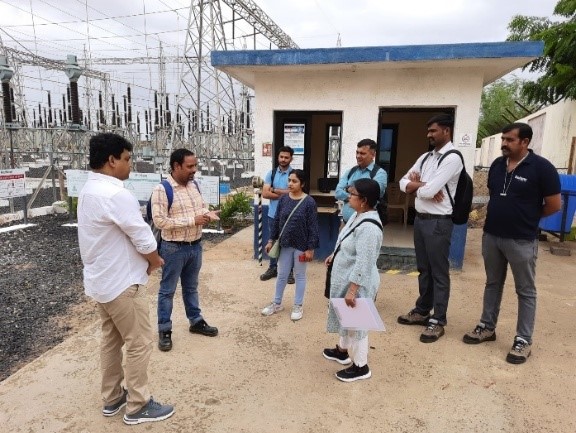
Environmental and Social Impact Assessment (ESIA) for 300 MW Wind Power Project
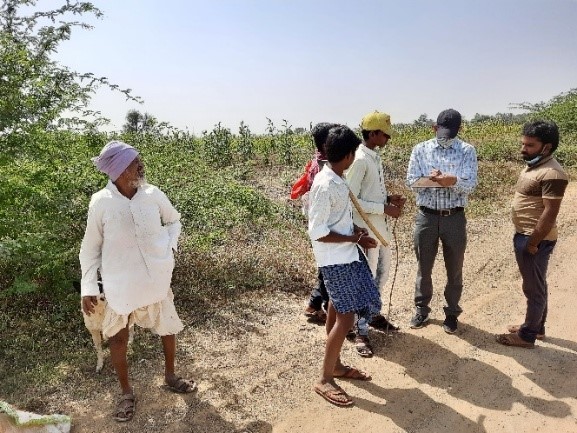
Social Impact Assessment in Ilambazar, Barjora, Andal, Faridpur-Durgapur and Kanksa Blocks of Birbhum, Bankura and Paschim Bardhaman Districts of West Bengal
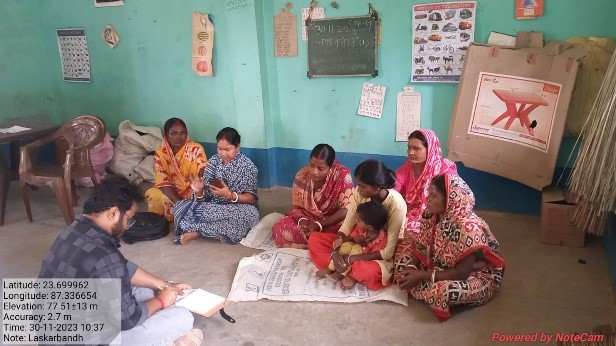
ESG Gap Assessment & Documentation for Foundry Company

Biodiversity Action Plan for 300 MW Solar Power Project

Environmental and Social Impact Assessment (ESIA) Study for 290 MW Solar Power Project
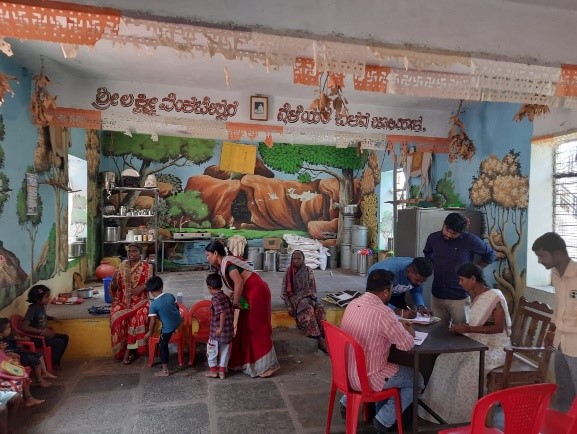
Environmental and Social Impact Assessment (ESIA) Study for 270 MW Wind Power Project
The assessment focuses on identifying relevant local, national, and international environmental and social (E&S) regulations for wind power projects, along with project categorization under IFC Performance Standards and Equator Principles. Baseline data collection covers physical, biological and socio-economic components across the project’s direct and indirect influence areas. The study evaluates E&S risks, particularly those related to transmission lines, biodiversity impacts and bird and bat mortality. Habitat and flight path surveys assess potential risks from wind turbine locations, while migration impact assessments help develop mitigation strategies. A comprehensive inventory of flora and fauna within the project area is compiled, along with potential impacts. Stakeholder consultations with local communities, forest and wildlife departments address concerns about wind farms and bird/bat flight paths. A structured consultation strategy ensures meaningful engagement. The study also identifies and quantifies environmental, health, safety and socio-economic impacts across all project phases, incorporating climate change and human rights risk assessments. An Environmental and Social Management Plan (ESMP) is developed, including monitoring protocols, mitigation strategies and a dedicated budget to ensure ongoing compliance and impact minimization.

Environmental and Social Impact Assessment (ESIA) Study for 250 MW Wind Power Project
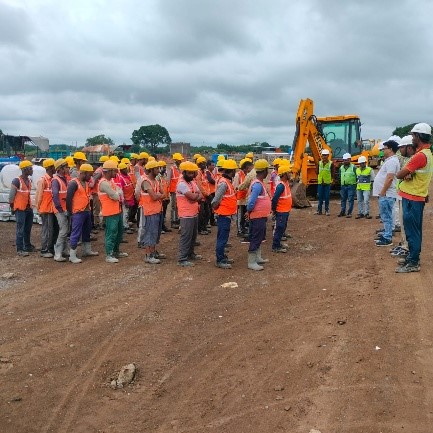
Environmental and Social Impact Assessment (ESIA) Study for 150 MW Wind Power Project
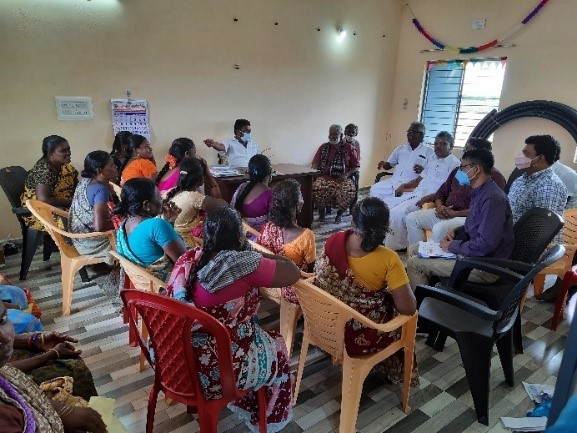
Environmental and Social Impact Assessment (ESIA) Study for 140 MW Solar Power Project

Environment and Social Due Diligence (ESDD) for 130 MW of Hybrid Project

Environmental and Social Impact Assessment (ESIA) for 520 MW Hybrid Power Project

Environmental and Social Impact Assessment (ESIA) for 300 MW Hybrid Power Project
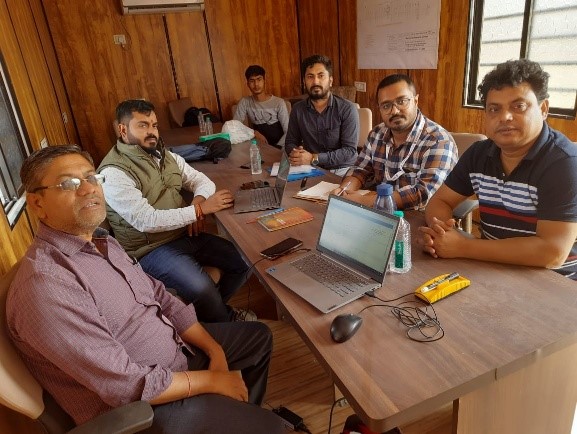
Environmental and Social Impact Assessment (ESIA) for 220 Hybrid Power Project

Environmental and Social Impact Assessment (ESIA) Study for 300 MW Wind Power Project
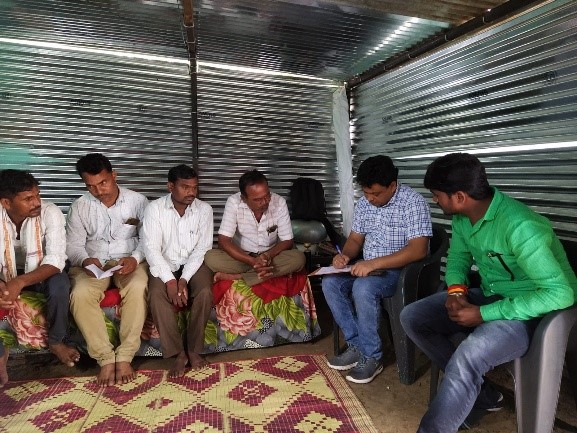
Environmental and Social Impact Assessment (ESIA) Study for 300 MW Solar Power Project
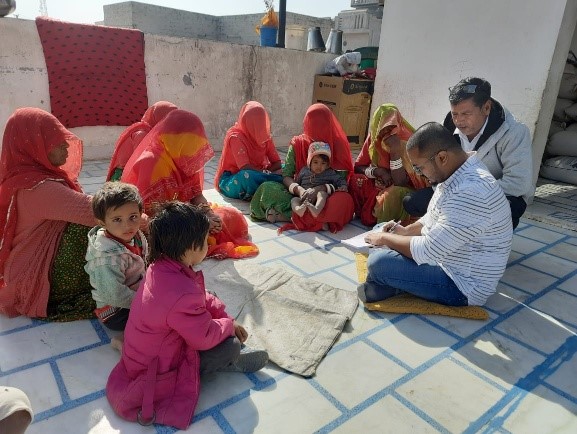
Environmental and Social Impact Assessment (ESIA) Study for 210 MW Solar Power Project

Social Impact Assessment (SIA) for 600 MW Floating Solar Power Project
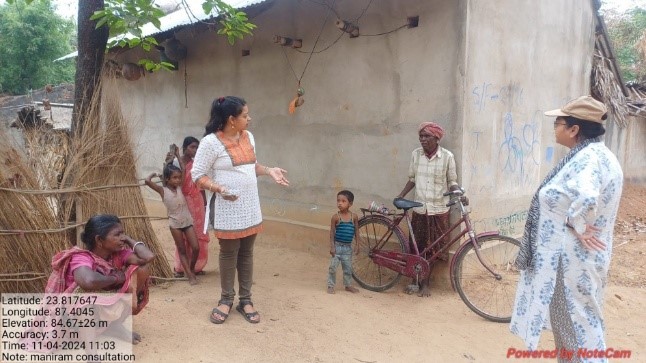
Environmental and Social Impact Assessment (ESIA) for 200 MW Solar Power Project

Environmental and Social Impact Assessment (ESIA) for 210 MW Solar Power Project
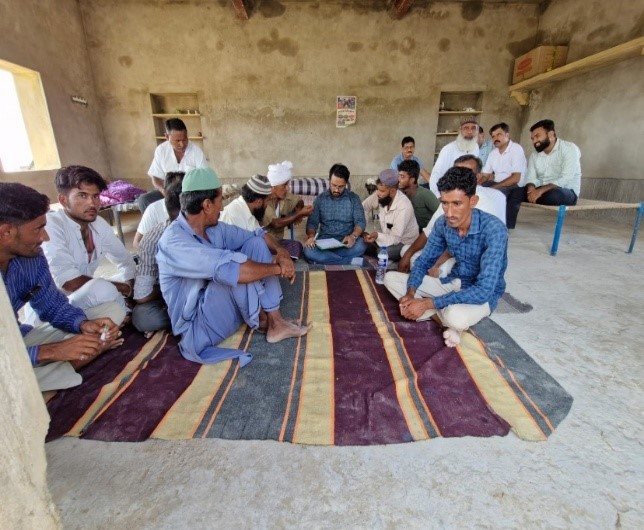
Environmental and Social Impact Assessment (ESIA) for 200 MW Solar Power Project
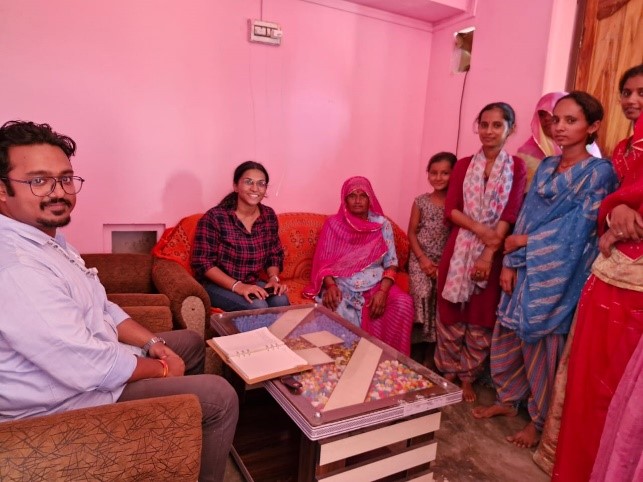
Environmental and Social Impact Assessment (ESIA) for 50 MW Solar Power Project

Environmental and Social Impact Assessment (ESIA) for 200 MW Wind and Solar Hybrid Power Project
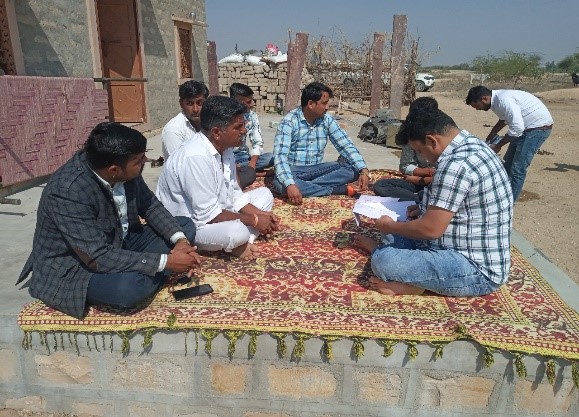
Environmental and Social Impact Assessment (ESIA) for 35 MW Wind and Solar Hybrid Power Project

Bird-Bat 3 Seasons Survey for 350 MW Wind Power Project

Initial Environment Examination (IEE) for 32 Sites of Solar Power Project
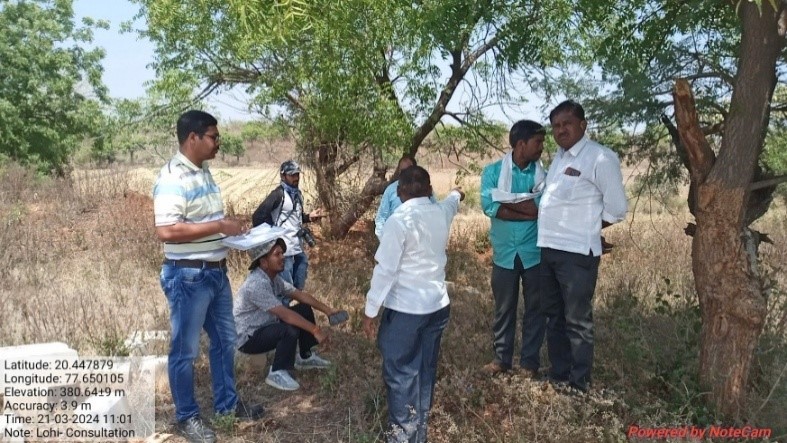
Hydro-geophysical Feasibility Assessment Report for Comprehensive Water Management Plan and Catchment Map at Hauz-i-Shamsi

Red Flag Assessment for 300 MW Wind Solar Hybrid Project
Green Belt Study for Himadri Speciality Chemical Limited
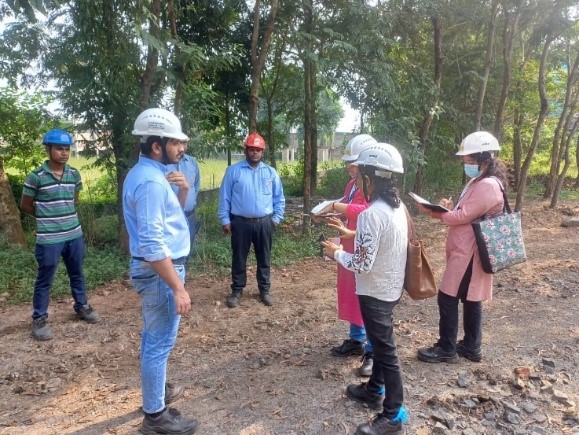
We Serve














 Total views : 16029
Total views : 16029